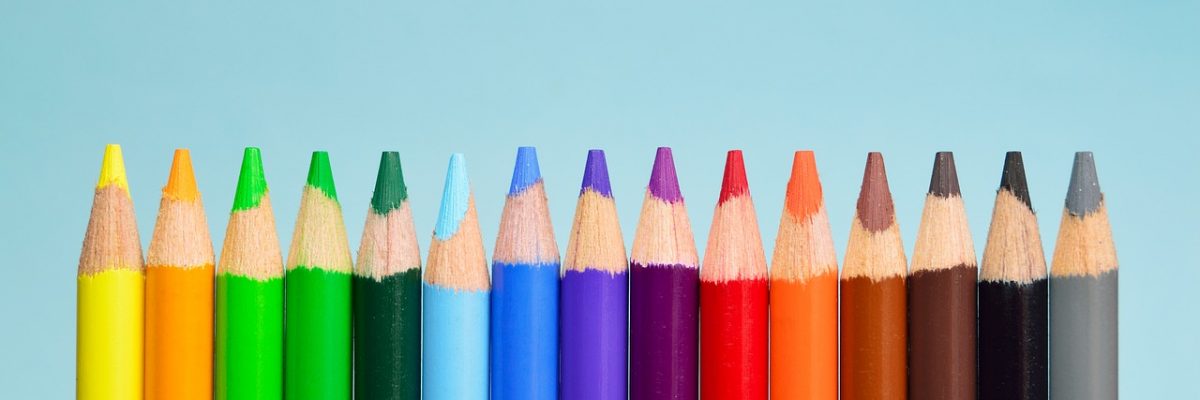The fourth and last phase begins at age nine. The child has acquired a mastery of the grammatical structures and has learned to understand texts. He is able to summarize paragraphs and has gained greater proficiency in writing paragraphs and stories. He has mastered a comprehensive vocabulary and can categorize them into different parts and subparts and can distinguish between antonyms and synonyms. The child is now enabled to use language as a means to gain greater knowledge in specific areas of interest. His vocabulary is continually increasing while comprehension and articulation perfected.
In this phase it is important to continually enrich his vocabulary while not neglecting the proficiency of the second language. Parents are therefore recommended the following:
- taking the time to develop a more profound communication about a multitude of subjects with the child
- listening to the child with great attention
- motivating the child to read vast quantities
- motivating the child to write essays and stories
- providing the child with additional learning material about subjects of interest to the child
- showing the child internet sites where more information can be gathered
- writing letters to the child via post, email or SMS and showing how one can communicate via email
- providing the child with video games where reading and writing skills are enhanced
- playing board games where the operative task is important
- Games of “question and answer”
- shared activities (cooking, outings, adventures) where active participation is required
It is important in this phase to determine if there are any impediments in speech or in comprehension, more specifically if the child suffers from Dyslexia or Aphasia. If such problems are suspected it is best to consult the pediatrician that can subsequently recommend a Speech Therapist.
Tip: Check out our Links; in the category “Knowledge” you will find great web pages too!
Further in Raising Children Bilingually: Influences on Language Development
Back to Phases of Language Development to: Learning to Read and Write
